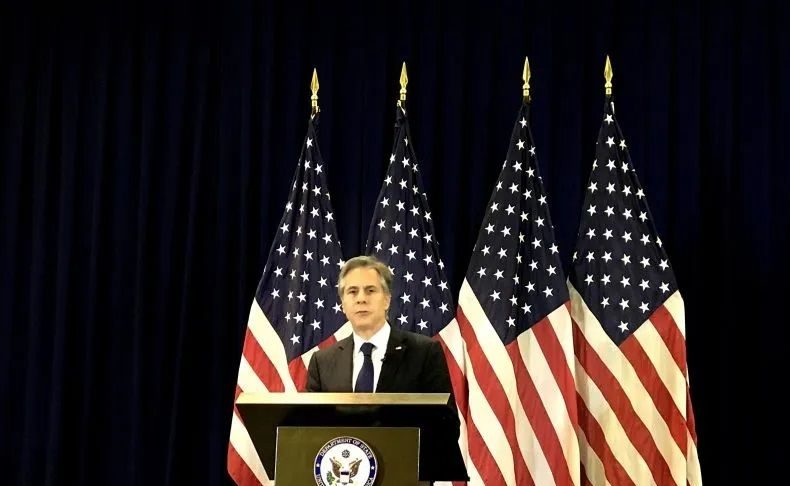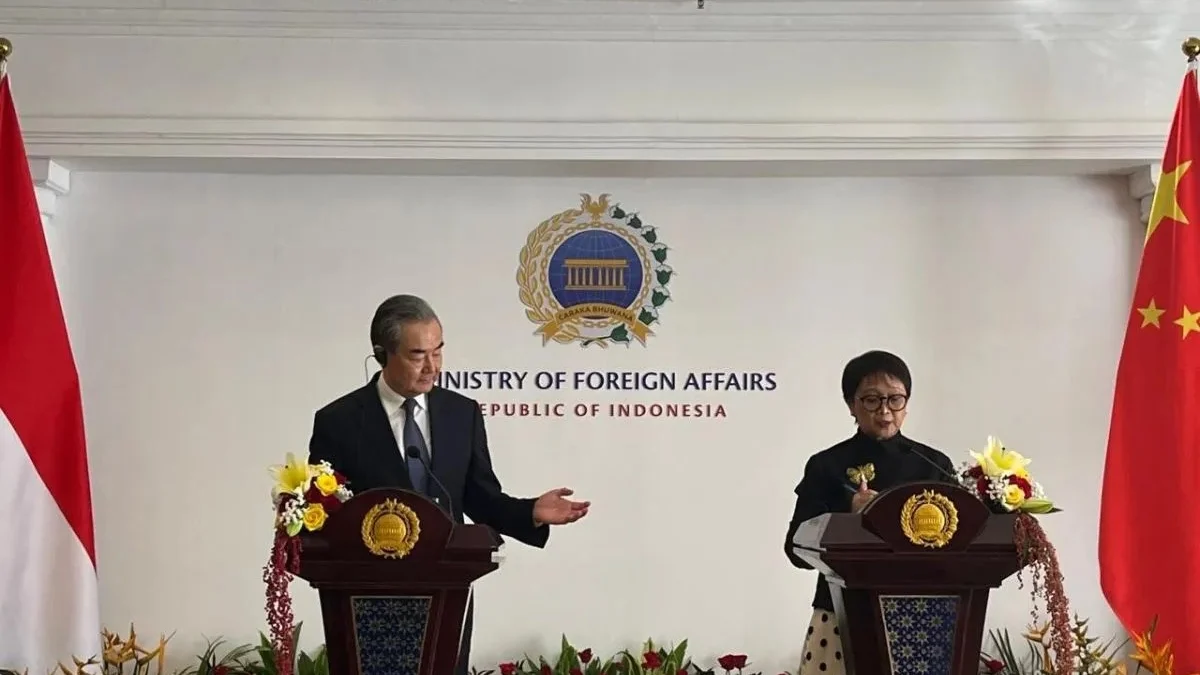JABAR EKSPRES – China and the United States (US) on Monday agreed to stabilize relations so as not to lead to conflict amid heightened tensions between the two countries in recent months.
“It is very important for us to restore the channel. If we agree that we have a responsibility to manage this relationship responsibly,” US Secretary of State Anthony Blinken was quoted as saying in an official transcript released by the US State Department on Monday.
Secretary Blinken met with Chinese officials and Chinese President Xi Jinping during his visit to Beijing. However, the meeting failed to produce any major breakthroughs that could lower tensions between the two countries.
Blinken, the first US secretary of state to meet with the Chinese president since 2018, told reporters that he had raised controversial issues in his meetings, such as Taiwan, a democratic island that Beijing claims as its territory, the South China Sea, Russia’s war in Ukraine, and North Korea’s missile launches.
Blinken revealed that there has been no progress regarding the restoration of communication lines. China has not agreed to reopen military-to-military communication lines, which were cut off after US House Speaker Nancy Pelosi’s visit to Taiwan in August last year.
In addition to Xi, Blinken also met with State Councilor and Chinese Foreign Minister Qin Gang and senior diplomat Wang Yi.
In each of these meetings, Blinken emphasized that direct engagement and ongoing communication at the senior official level is the best way to responsibly manage differences and ensure that rivalries between countries do not lead to conflict.
“We both agreed on the need to stabilize our relationship,” Blinken said.
He also expressed US concerns regarding China’s provocative actions in the Taiwan Strait, and the South and East China Seas.
Regarding Taiwan, Blinken stated that the US supports the long-standing “one China” policy. He also said, “We do not support Taiwan independence. We remain opposed to any unilateral changes to the status quo by either side.”







